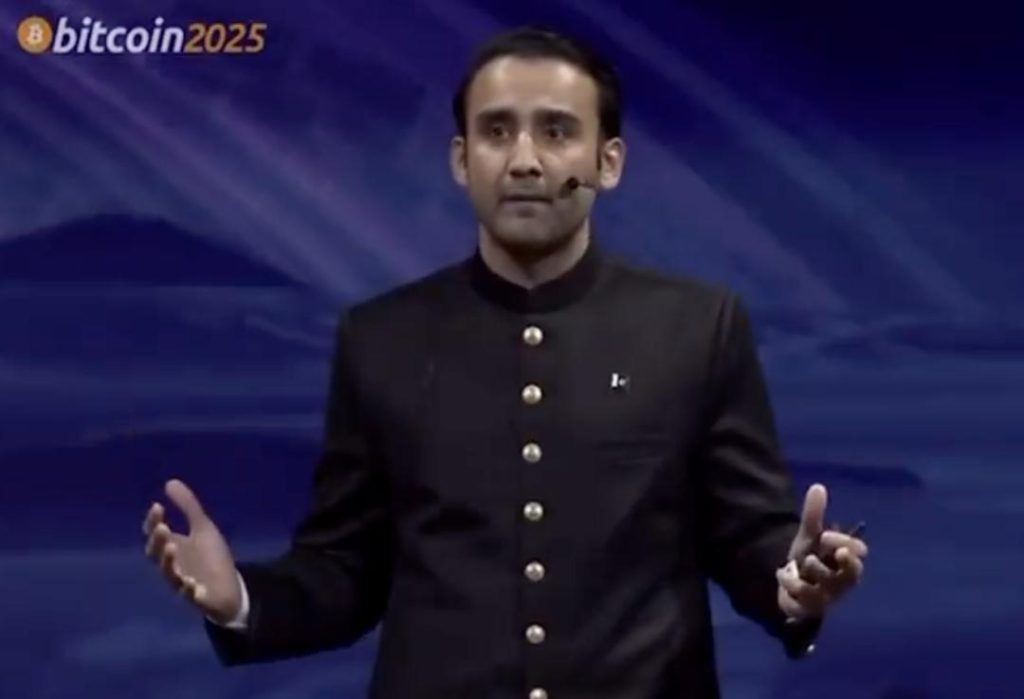
Pak & Bitcoin Suffer from Bad PR: CEO of Pak Crypto Body Linked to Trump-Backed Firm
Pakistan and Bitcoin have been plagued by negative publicity in recent times, with the country’s crypto industry caught in the crossfire. The CEO of Pakistan Crypto Council, Bilal bin Saqib, has come out to say that both Pakistan and Bitcoin have suffered from bad PR, with the country’s image being misrepresented due to its association with conflict.
Saqib’s comments come at a time when the crypto industry is facing increased scrutiny globally, with many countries tightening regulations and clamping down on illegal activities. Pakistan, in particular, has been linked to several high-profile cryptocurrency scams and Ponzi schemes, which has tarnished its reputation in the eyes of many.
In an interview with News18, Saqib said that Pakistan’s image has been “misrepresented” by the media and other stakeholders, leading to a negative perception of the country. “Pakistan has been a victim of bad PR,” he said. “People see Pakistan through the lens of conflict, and that’s not the whole story. We have a vibrant economy, a young population, and a growing tech industry.”
Saqib’s comments are interesting, given the country’s recent efforts to promote its crypto industry. In 2020, Pakistan’s central bank announced plans to launch its own cryptocurrency, the State Bank of Pakistan Digital Currency (SBPDC), which was designed to facilitate transactions and reduce the country’s reliance on traditional payment systems.
However, Saqib’s claims of bad PR may be difficult to swallow, given the country’s history of corruption and money laundering. Pakistan has long been a hub for illegal activities, including terrorism financing, and the country’s financial institutions have been accused of facilitating these activities.
Moreover, the country’s crypto industry has been linked to several high-profile scams, including the notorious PlusToken scam, which was estimated to have defrauded investors of over $3 billion. The scam was allegedly linked to a group of Pakistani nationals who used the country’s crypto exchanges to launder money and finance their illegal activities.
Saqib’s comments have also raised eyebrows given the country’s close ties to the Trump-backed World Liberty Financial, which has been facing a Senate inquiry over its deal with the Pakistani cryptocurrency watchdog. World Liberty Financial is a US-based company that has been accused of using its ties to the Pakistani government to promote its own interests and launder money.
In a statement, World Liberty Financial denied any wrongdoing and claimed that it had done nothing wrong. “We are confident that our partnership with the Pakistani government will be a success and will help to promote the growth of the country’s crypto industry,” the company said.
However, Saqib’s comments have sparked concerns that the country’s crypto industry is being used to further the interests of corrupt officials and money launderers. “Pakistan’s crypto industry is plagued by corruption and money laundering,” said a senior official at the US Treasury Department. “We will continue to monitor the situation closely and take action against anyone who is found to be involved in illegal activities.”
In conclusion, Saqib’s claims of bad PR may be an attempt to whitewash Pakistan’s image and distance itself from its corrupt past. However, the country’s history of corruption and money laundering continues to tarnish its reputation, and its crypto industry remains plagued by illegal activities.
As the global crypto industry continues to evolve and mature, it is essential that countries take a closer look at their own regulatory frameworks and ensure that they are not being used to facilitate illegal activities. Pakistan’s crypto industry is a case in point, and until the country addresses its corruption and money laundering issues, it will continue to suffer from bad PR.
References:






